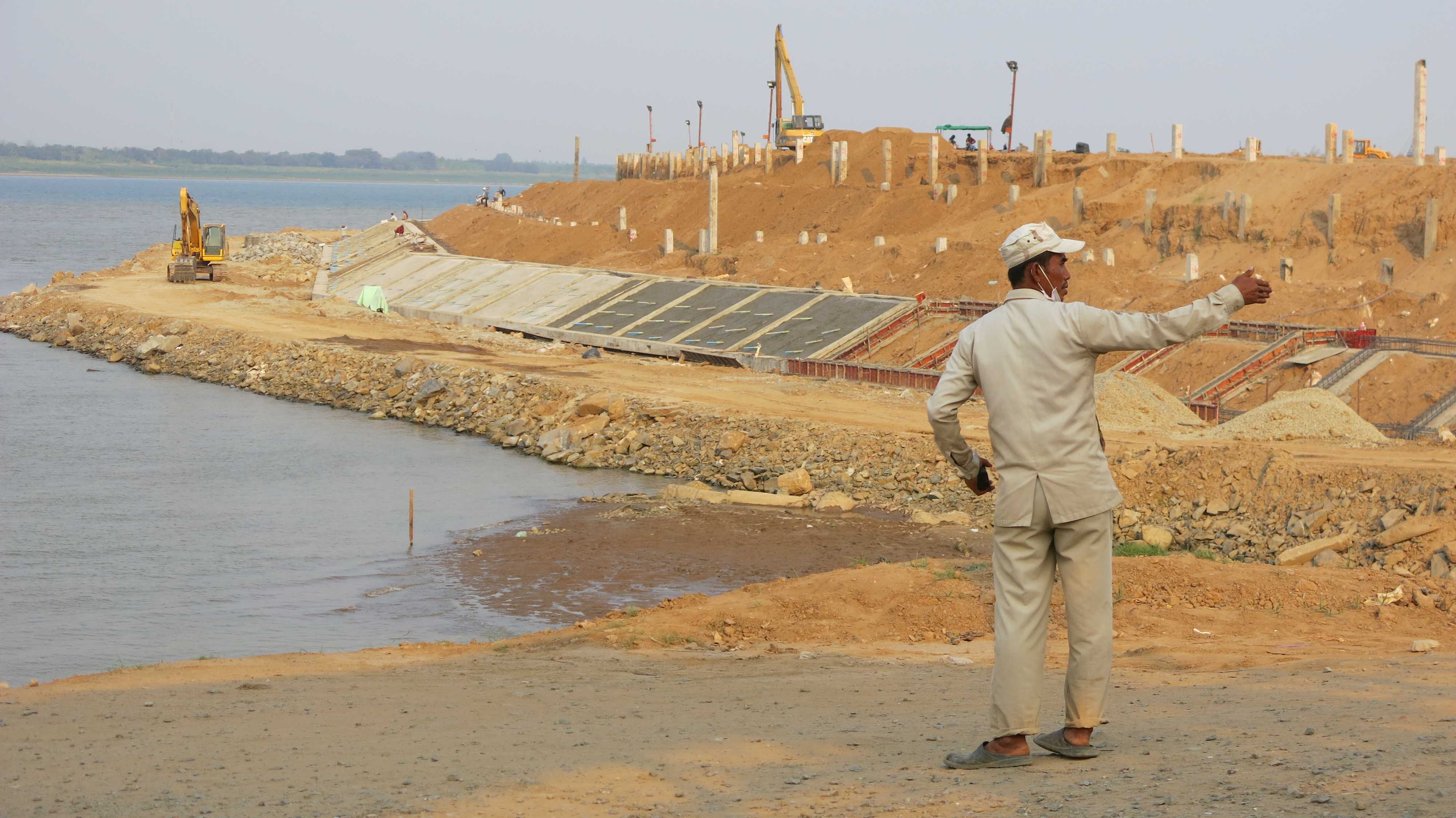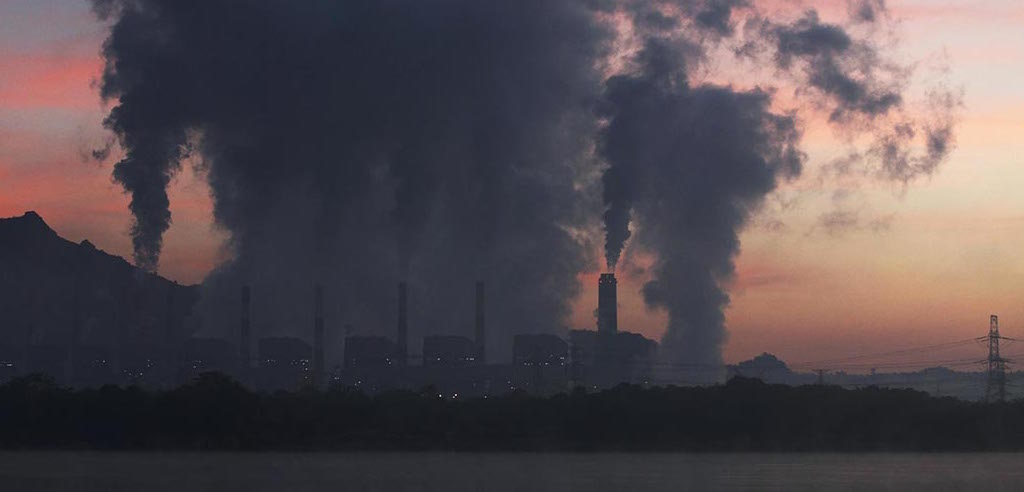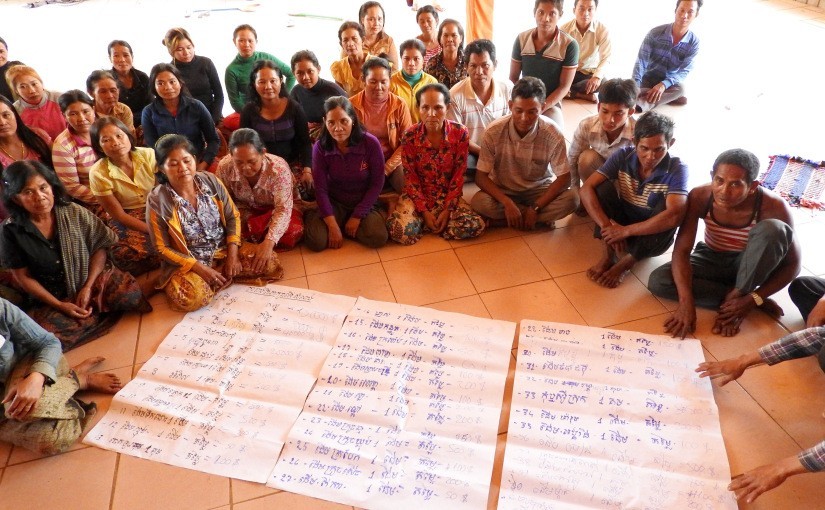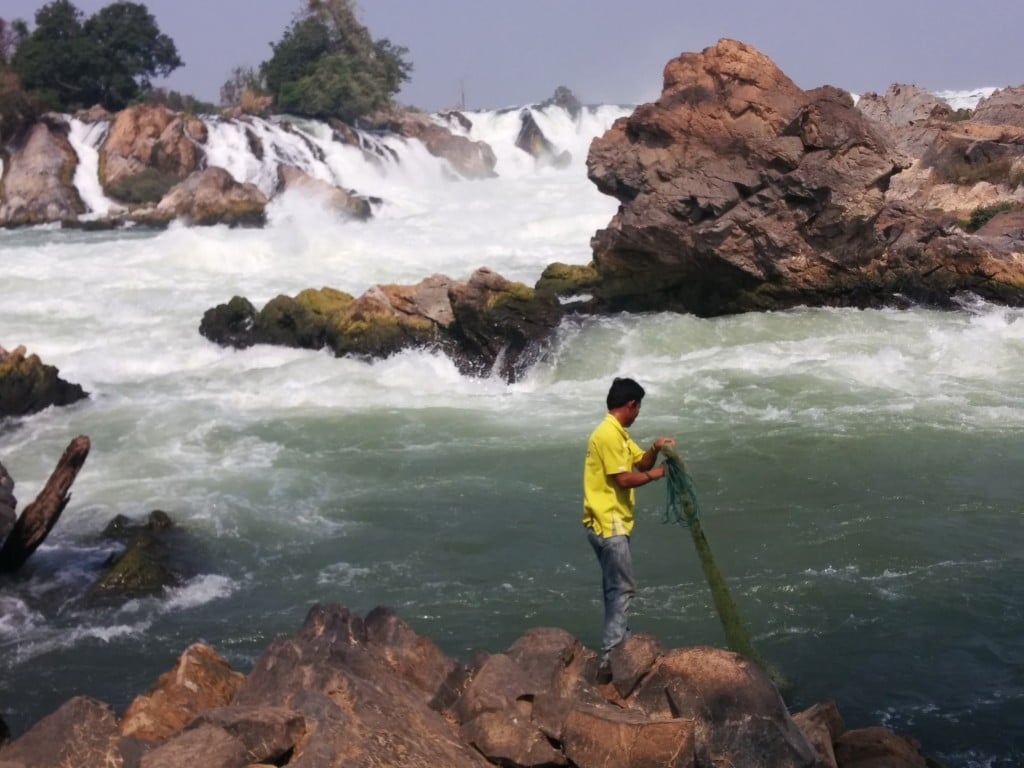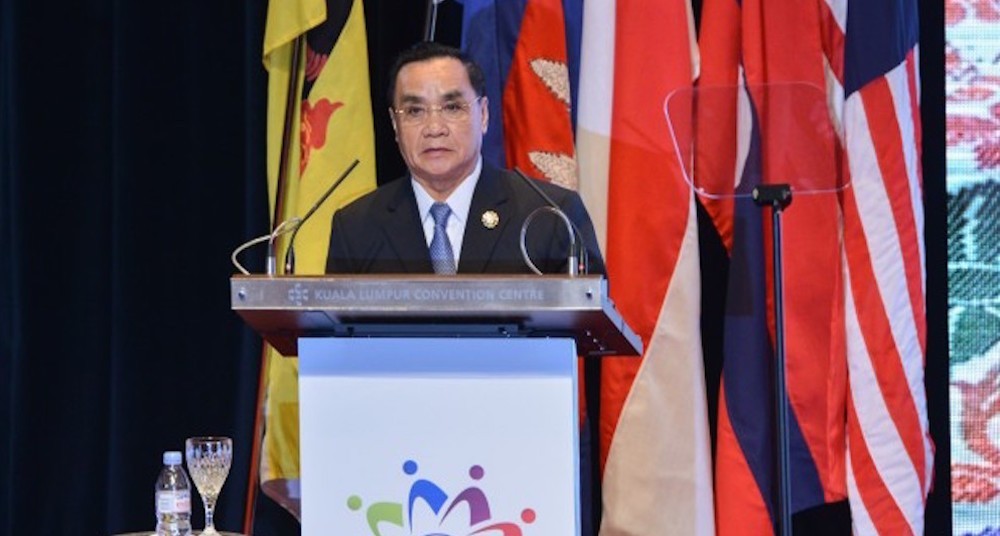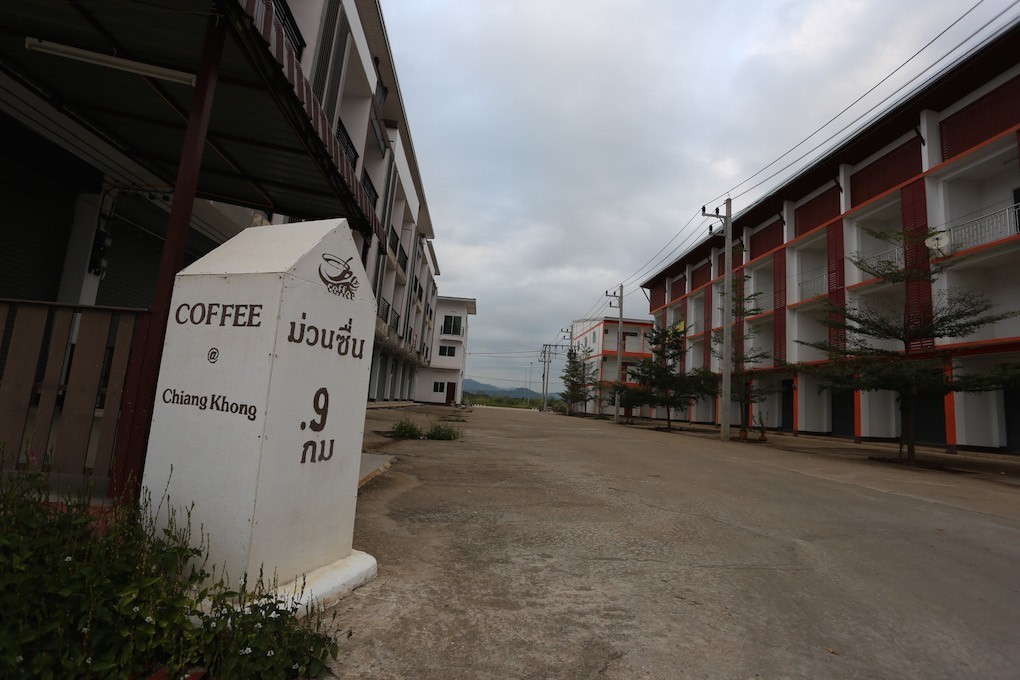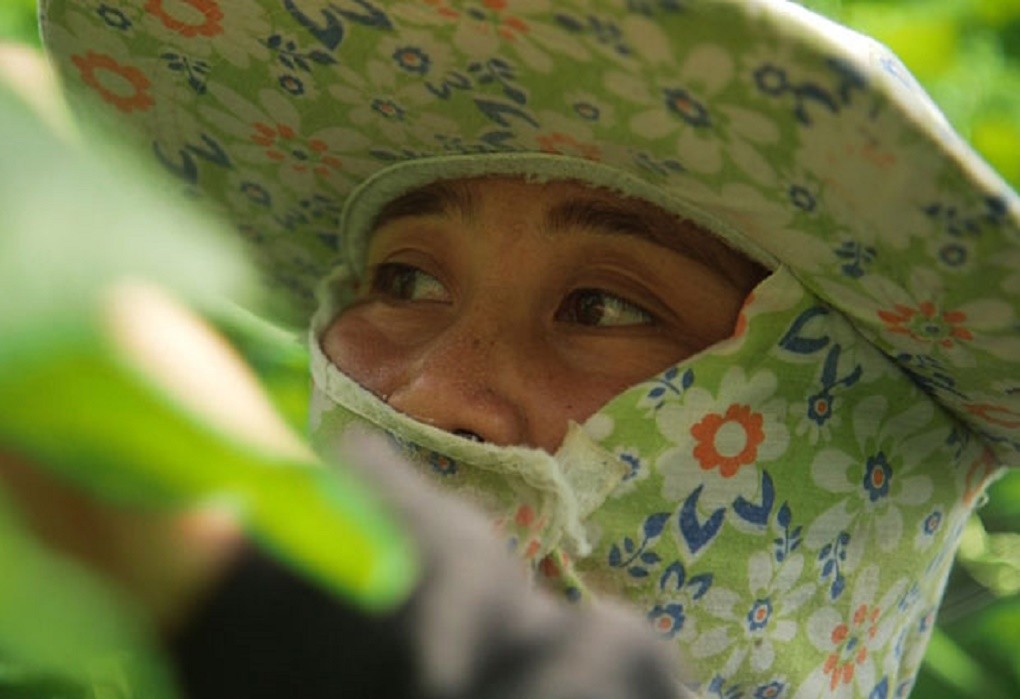The fallout from the Great Fall in financial markets, equities and currencies is ricocheting through the regional economy and beginning to exact a toll – initially among badly-run companies and poorly-managed government institutions.
Category: Laos
Coal Power on the Rise: Mekong Region Digs In
While initiatives by the Asian Development Bank, ASEAN, United States, Japan, France and the private sector aim to advance renewable energy within the Greater Mekong Subregion (GMS), coal-fired power plants are slated to become an increasingly larger share of the region’s electricity generating portfolio.
Cambodians Seek Compensation for LS2 Dam Relocation
The controversial Lower Sesan 2 Dam (LS2 Dam) is being built in the worse possible location: at the junction of two of the most important tributaries of the Lower Mekong River in northern Cambodia, i.e. the Sesan River & Srepok River.
This dam has received strong opposition and criticism from scientists, fisheries experts, NGOs and Human Rights groups. The dam will be located at a vital junction for the reproductive migration of dozens of Mekong River fish species. Thousands of families in six Villages in northern Cambodia will be displaced.
Administrative court rules in favour of Egat over Xayaburi Dam
THE Administrative Court Friday dismissed complaints over the Xayaburi Dam against five state agencies. However, the 37 plaintiffs, from eight Mekong provinces, say they will appeal further.
The judge, who read the verdict, said the defendants had fully complied with their obligation according to the law, so the case was dismissed.
Revenue from Hongsa power plant set to spur development
The government will receive over US$2.3 billion in taxes from the Hongsa Power Company Limited under the 25 year concession agreement running from 2016-2041 for the newly built Hongsa Mine Mouth Power Plant. This revenue will be a huge boost to socio-economic development, especially infrastructure development, and will enable the expansion of trade, services and investment.
This revenue will be a huge boost to socio-economic development, especially infrastructure development, and will enable the expansion of trade, services and investment.
Report: Economic, Environmental and Social Impacts of Hydropower Development in the Lower Mekong Basin
The Mekong River is the largest freshwater fishery in the world (estimated fish catch 2.1 to 2.5 million tons/year) and the third most bio-diverse river system (with approximately 800 fish species) after the Amazon and the Congo. However, this would change drastically if all proposed hydropower projects are constructed as fish migration routes would be blocked.
This paper focuses on potential economic consequences and is based on the Costanza report which in turn used much of the data, assumptions and projections reported in BDP2 and SEA. The main differences between the Costanza report and BDP2 were the estimated fish value, valuation of ecosystem services and discount rates for natural capital such as capture fisheries and wetlands.
South Korea and Laos agree to work on hydropower project
South Korean Prime Minister Hwang Kyo-Ahn and his Lao counterpart, Thongsing Thammavong, agreed Monday to work closely on a hydro-power project in the Southeast Asian country, a South Korean official said.
The two sides had planned to sign a deal on the development of Sepon III hydro-power plant at their meeting, though they failed to ink the deal due to differences.
The two sides remain at odds over which country will build a road leading up to the power plant, among other things.
Ghost town ‘forgotten’ in Chiang Khong border trade
The freshly painted welcome signs at Chiang Khong market are conspicuous, greeting visitors as they cross the border from Laos. Few arrive however, and behind the signs they see only shuttered shops and scattered clothing sellers.
The “new town”, as some business operators called it after the opening of the fourth Thai-Lao Friendship Bridge across the Mekong River in 2013, is now known as a ghost town by locals.
Once a bustling trade development area, the market located just a kilometre from the bridge, has been a flop and doesn’t seem to be able to attract tourists.
But there is a chance the market could be resurrected, after Prime Minister Prayut Chan-o-cha’s government announced Chiang Rai would be the location for the second phase of the Special Economic Zones, set to be launched this year.
Mekong: a river rising
The fate of 70 million people rests on what happens to the Mekong river. With world leaders meeting in Paris next week for crucial UN climate talks, John Vidal journeys down south-east Asia’s vast waterway – a place that encapsulates some of the dilemmas they must solve. He meets people struggling to deal with the impacts of climate change as well as the ecological havoc created by giant dams, deforestation, coastal erosion and fast-growing cities
China, Laos to build $6.3 bln railway project by 2020 – China Economic Herald
China aims to complete laying a 418-kilometre (260-mile) railway from a border town to Laos by 2020, the official China Economic Herald reported, as the economic giant seeks a new route into the emerging markets of Southeast Asia.
The two countries agreed on Friday to jointly build a 40-billion yuan ($6.28 billion) railway from the border town of Boten to the Laos capital Vientiane, the Herald reported.
The deal was announced at a signing ceremony attended by senior officials from the National Development & Reform Commission the country’s top economic planner, China Railway Corporation and the Export-Import Bank of China, the paper said.
Laos, poor and landlocked, has traditionally been firmly in the orbit of its larger neighbour to the east, Vietnam.
But China has been aggressively courting Laos as it sees the communist-ruled country as an important route into Southeast Asia, and its ports on the Mekong River for landlocked parts of southwestern China such as Yunnan.


